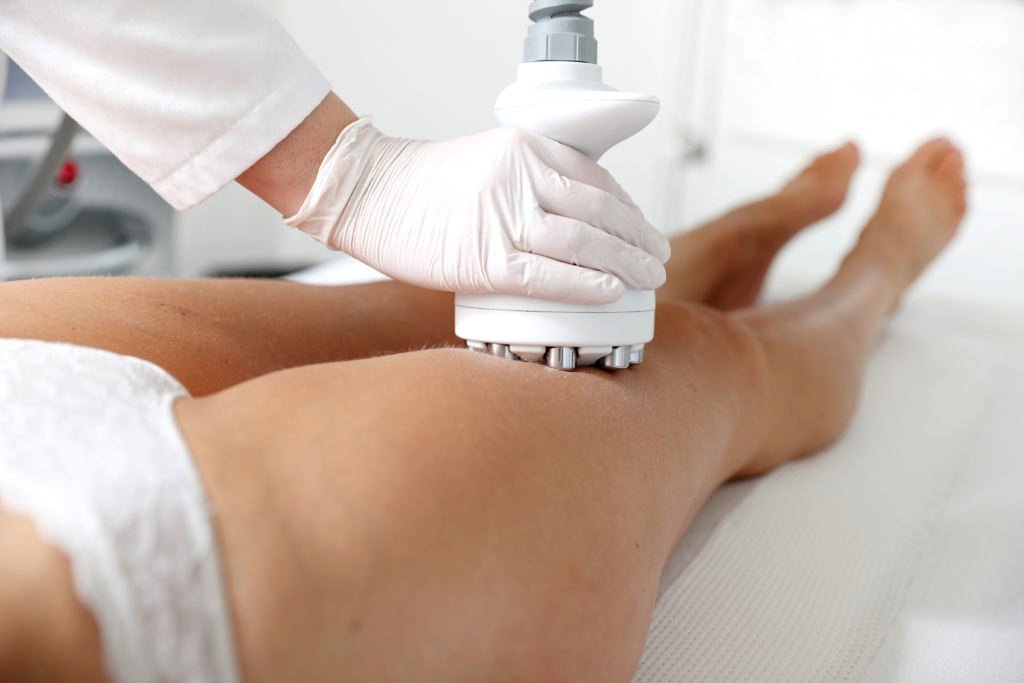Venus Legacy in riyadh is a popular non-invasive treatment for body contouring, skin tightening, and cellulite reduction, and it is widely considered safe for most people.
Here is a breakdown of its safety profile, common side effects, and who should avoid the treatment, which is consistent across clinics, including those in Riyadh:

General Safety and Skin Type
- Non-Invasive and Safe: Venus Legacy is a non-surgical procedure with generally no downtime. Patients often describe the feeling as a warm, relaxing massage.
- Safe for All Skin Tones: The radiofrequency (RF) technology used in Venus Legacy is proven safe and effective for all skin tones and complexions, including darker skin, with no risk of pigmentation changes, which can be a concern with some light-based treatments.
Common and Minor Side Effects
Side effects are typically minimal and resolve quickly:
- Redness and Warmth: The most common side effect is temporary redness and a warm sensation in the treated area. This usually subsides within one to two hours after the treatment.
- Mild Swelling or Bruising: Minor swelling is possible, and mild bruising may occur in sensitive areas, often associated with the vacuum-like VariPulse technology, but this fades within a few days.
- Tenderness or Dryness: Some temporary tenderness, sensitivity, or slight skin flakiness may be experienced.
Who Should NOT Get Venus Legacy (Contraindications)
While the treatment is very safe for most people, certain medical conditions or circumstances make it unsuitable. You should consult a certified medical aesthetician or doctor in Riyadh before booking a treatment, especially if you have any of the following:
- Pregnancy or IVF Procedures: The treatment is not recommended for pregnant women or those undergoing IVF.
- Active Conditions in the Treatment Area: This includes active inflammation, infection, or a heat-stimulated disease like herpes.
- Current or History of Cancer: A history of cancer is generally a contraindication for RF treatments.
- Implants or Devices:
- An internal defibrillator or pacemaker.
- Metal implants (excluding dental) in the treatment area.
- Silicone implants and/or injections in the treatment area.
- Other Disorders:
- Uncontrolled thyroid gland disorder.
- Varicose veins.
- Skin-related autoimmune diseases.




Comments